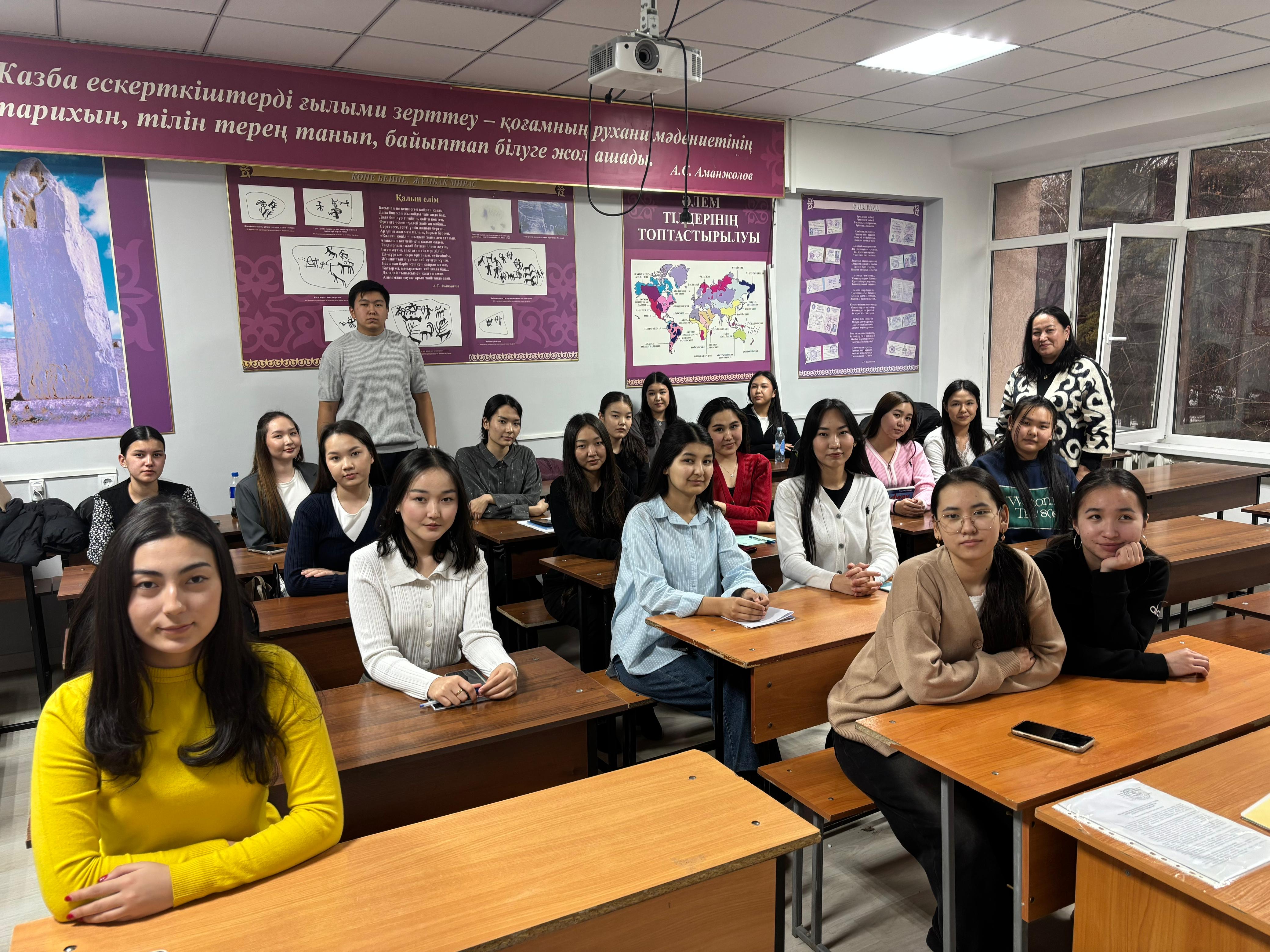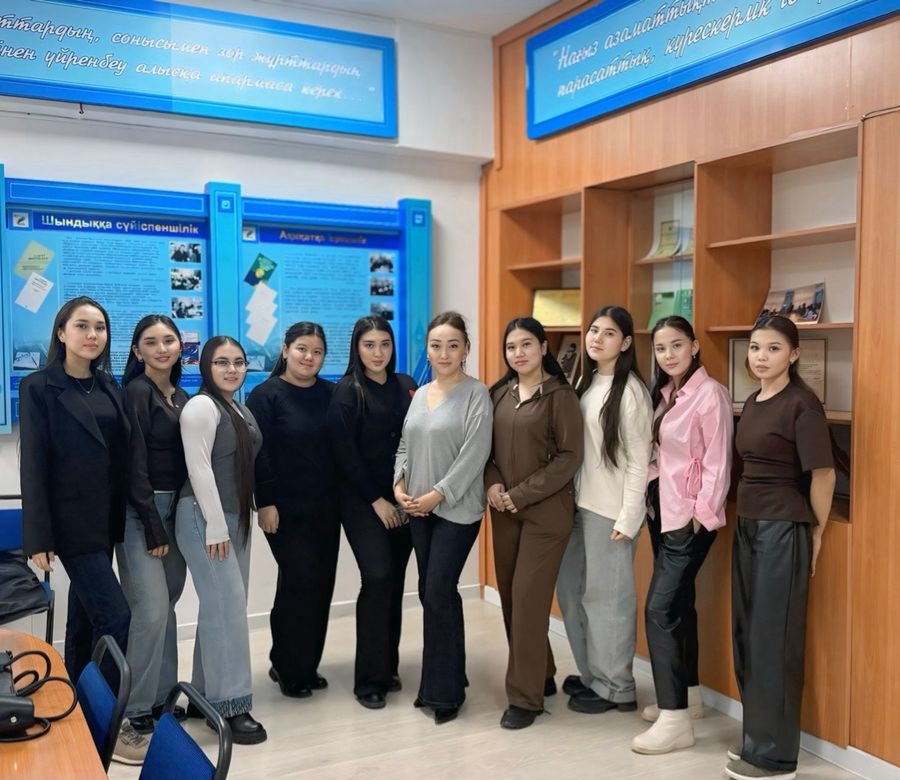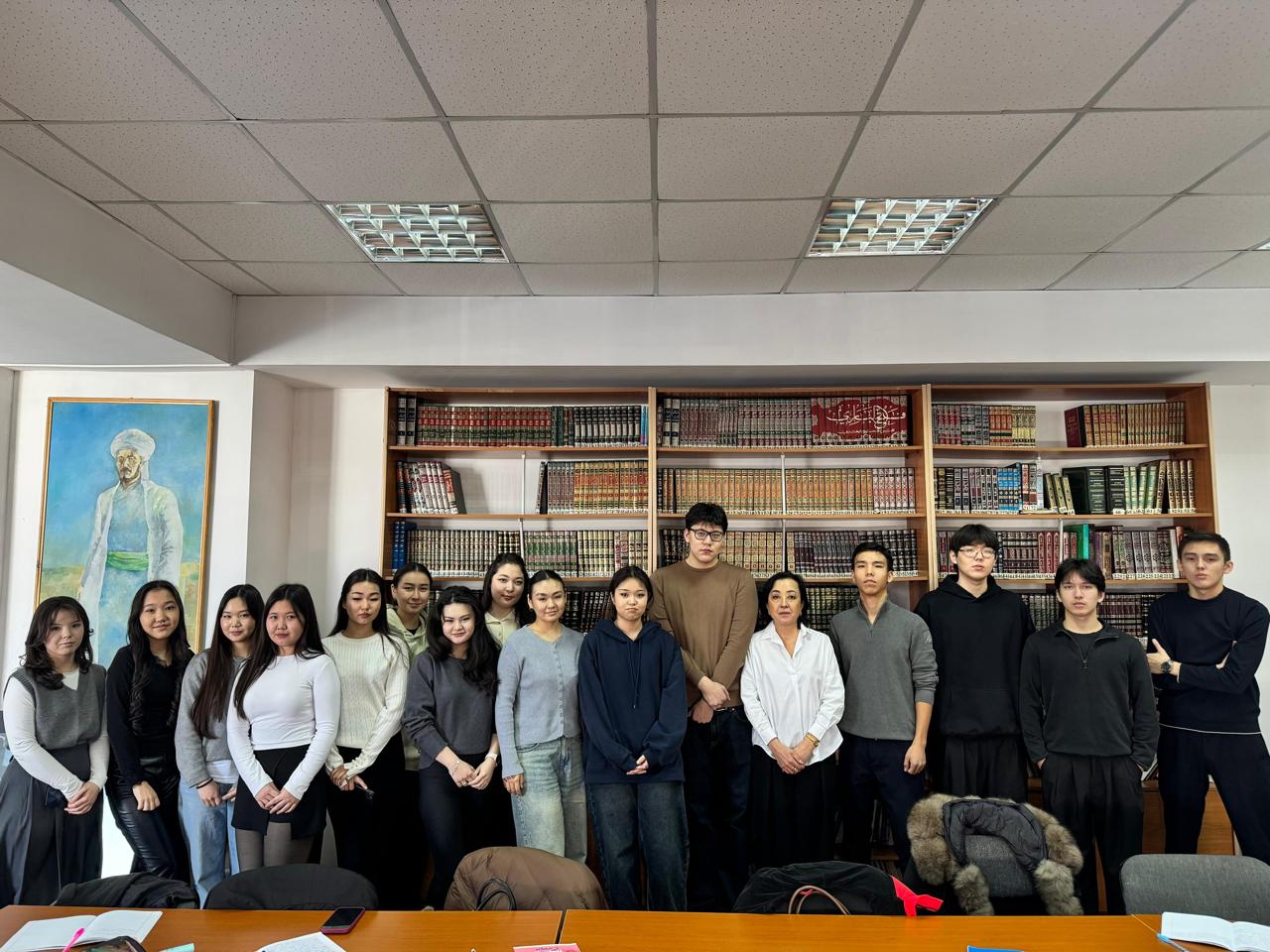Lecture within the framework of SDG: Gender Equality
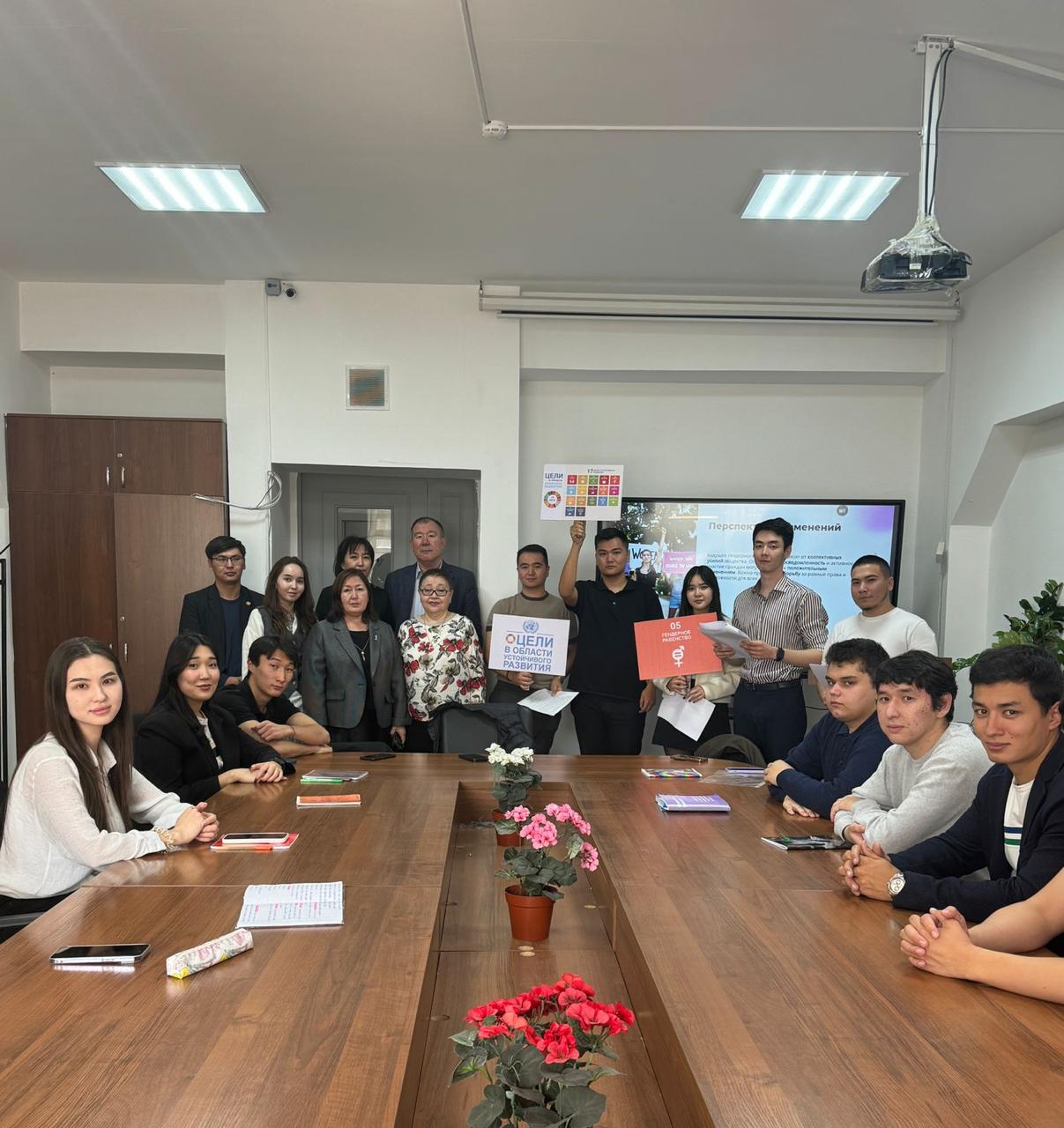
On October 10, 2024, at the Faculty of Law of Al-Farabi Kazakh National University, a leadership lecture was organized by the efforts of the professors of the Department of Theory and History of State and Law, Constitutional and Administrative Law, Doctor of Law Baymakhanova D.M. and Candidate of Law Isabekov A.K., within the framework of SDG 5 "Gender Equality." The speaker was Baymakhanova D.M., a lecturer at the department, who emphasized in her speech the importance of successfully addressing gender equality issues for the effective and progressive development of the New Kazakhstan.
The event also featured student members of the "Amanat" student club as speakers. In her speech, Aidana Burgembayeva provided a clear definition of gender, elaborating on the concept and specific features of the constitutional principle of gender equality. She particularly noted that gender equality includes several key aspects: equal access to education, equal economic opportunities, and the elimination of gender-based violence.
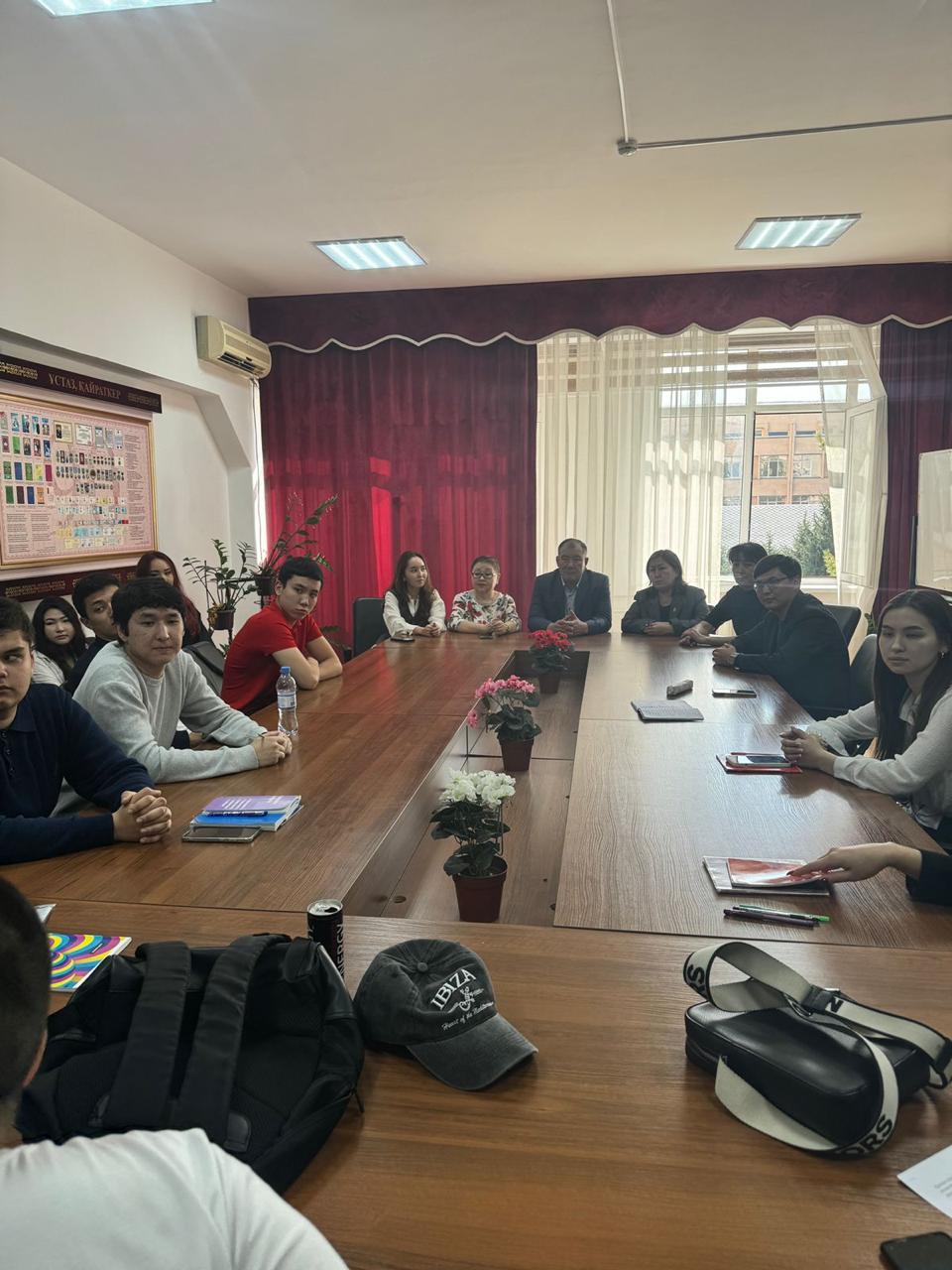
The next speaker, Rakhat Zhaksybayev, discussed the history of the feminist movement in Europe and America, with special attention to the development of the idea of gender equality in traditional Kazakh society as well as in the Soviet Union. The speaker highlighted the specifics of the development of equality ideas between men and women in the Muslim world, both historically and in modern times.
Another speaker, Aslan Karibay, provided a detailed overview of the development and consolidation of inter-gender equality ideas in international law. He noted that gender equality is most prominently expressed in Europe and North America. For example, in Scandinavian countries, women hold more than 50% of the seats in their parliaments, while in Kazakhstan, this figure is around 20%. In terms of wages, women in foreign countries receive on average 80% of men’s salaries, while in Kazakhstan, this figure is lower—about 65%.
The next speaker, Alimkhan Kushaliyev, pointed out that Kazakhstan is the first country in Central Asia to establish a specific national body for promoting gender equality, the "National Commission on Women’s Affairs and Social and Demographic Policy under the President of the Republic of Kazakhstan." Furthermore, Kazakhstan adopted the "Gender Equality Strategy" and has taken many other measures to implement this principle.
In summarizing the speeches, Miras Nugmetulla noted that despite many positive outcomes in implementing this principle in Kazakhstan, there are still serious issues, including domestic violence and limited access to leadership positions. Kazakhstan is undertaking a wide range of measures to address these problems.
Other news
